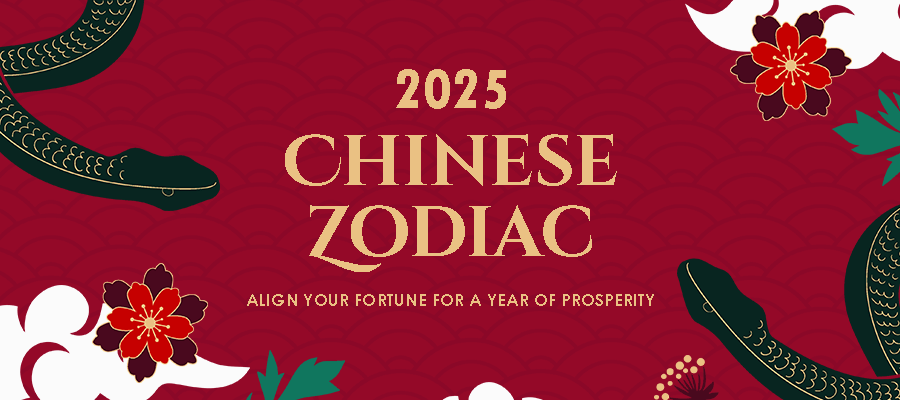
In the world of giveaways and sweepstakes, myths often circulate, creating misconceptions that can deter potential participants. It’s time to separate fact from fiction and debunk some common myths surrounding sweepstakes. From concerns about legitimacy to misconceptions about the chances of winning, let’s unravel the truth behind these widely held beliefs.
Myth 1: Sweepstakes are Always Scams:
One prevailing myth is the belief that all sweepstakes are scams designed to trick participants. While it’s true that scams exist, legitimate sweepstakes are governed by strict rules and regulations. Reputable companies and brands use sweepstakes as a genuine way to engage with their audience, promote products, and offer exciting prizes.
Myth 2: You Need to Make a Purchase to Enter:
Contrary to popular belief, many sweepstakes do not require a purchase for entry. Legitimate giveaways are often structured to provide equal opportunities for participants, whether they make a purchase or not. Always read the terms and conditions of a sweepstakes to understand the entry requirements, as many offer a no-purchase entry option.
Myth 3: Only Lucky People Win:
Another common myth is that only a select few exceptionally lucky individuals win sweepstakes. In reality, winners come from diverse backgrounds, and luck is just one element. The more you participate in legitimate sweepstakes, the higher your chances become. Luck may play a role, but consistent entry and adherence to the rules greatly contribute to the possibility of winning.
Myth 4: You’ll Receive More Spam and Telemarketing Calls:
Some people worry that entering sweepstakes will inundate them with spam emails and unwanted telemarketing calls. Legitimate sweepstakes, especially those hosted by reputable companies, prioritize user privacy. To minimize unwanted communication, use a separate email address for sweepstakes entries and read the privacy policies of the organizers.
Myth 5: Only Big Prizes Are Worth Pursuing:
There’s a misconception that only grand prizes are worth pursuing in sweepstakes. In reality, smaller prizes can be valuable and enjoyable. Additionally, the odds of winning smaller prizes are often higher. Pursuing a mix of sweepstakes with various prize values can enhance your overall winning experience.
Myth 6: It’s All Rigged:
Some skeptics believe that sweepstakes are rigged and that the winners are predetermined. Legitimate sweepstakes use random drawings or algorithms to ensure fairness. Rigging a sweepstake is illegal and could lead to severe consequences for the organizers.
Myth 7: Only Newcomers Win:
Contrary to the belief that only newcomers or first-time participants win, many experienced sweepstakes enthusiasts secure prizes regularly. Consistency, adherence to rules, and a strategic approach can contribute to increasing your chances of winning, regardless of how long you’ve been entering sweepstakes.
Navigating the world of sweepstakes requires separating fact from fiction. While scams exist, legitimate sweepstakes are an exciting and genuine way for individuals to win prizes and engage with brands. By debunking these common myths, we encourage everyone to explore the world of sweepstakes confidently, armed with the knowledge needed to enjoy the thrill of entering and, perhaps, winning exciting prizes.






